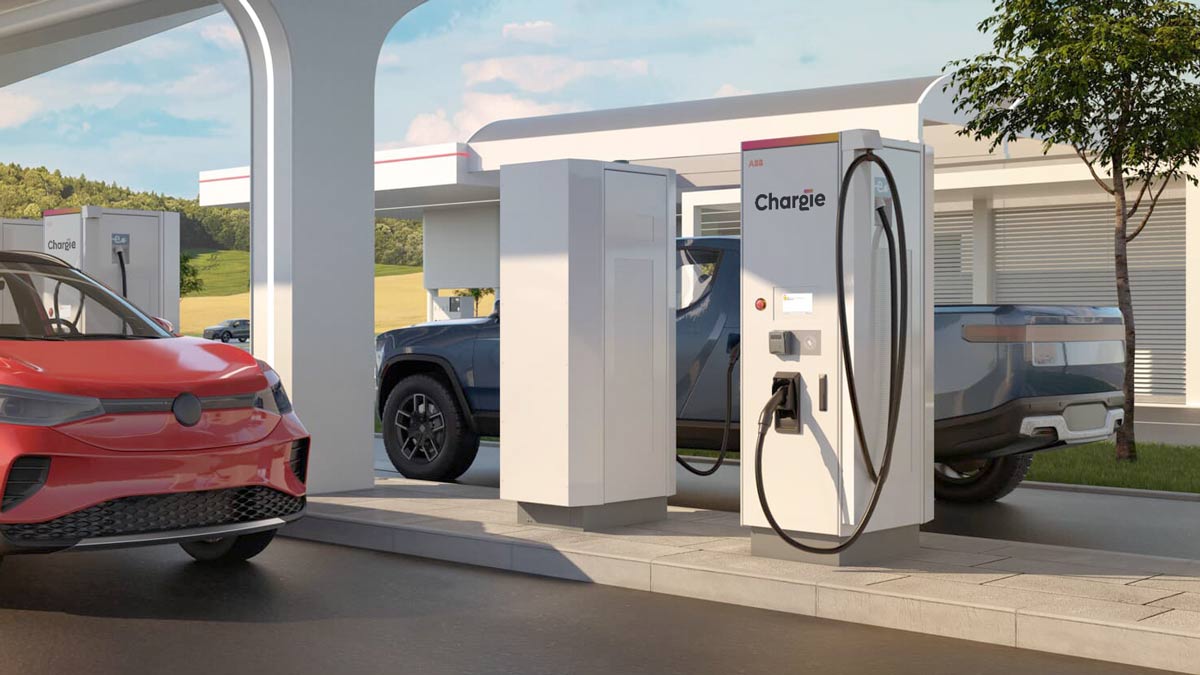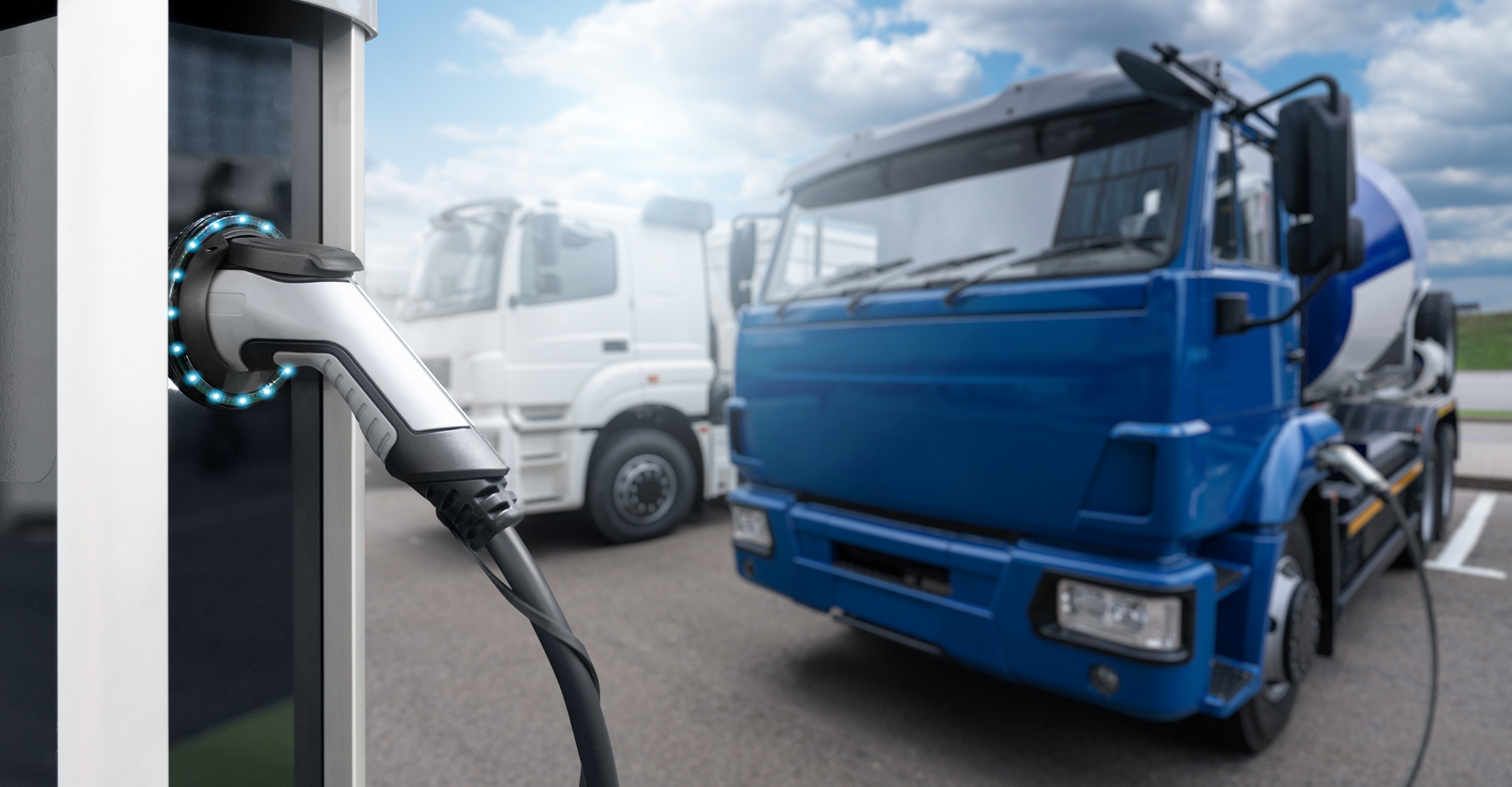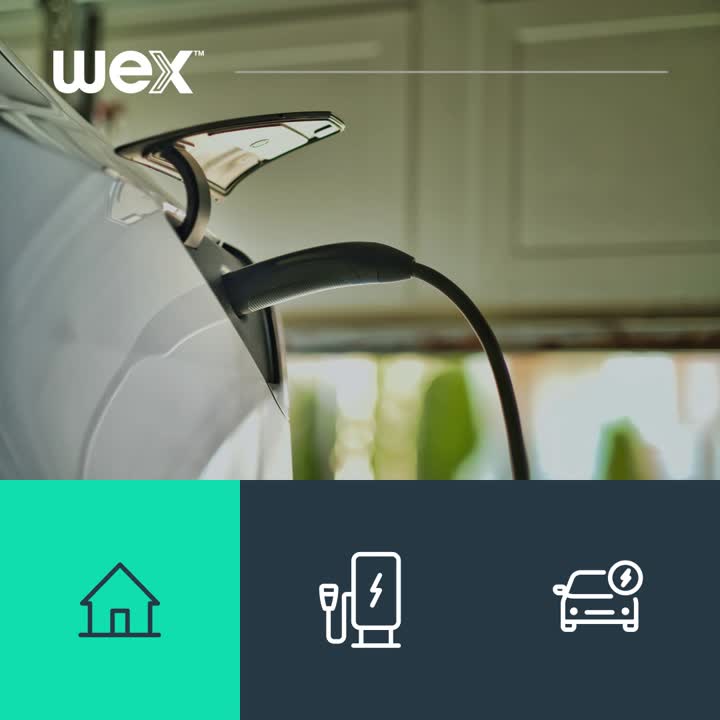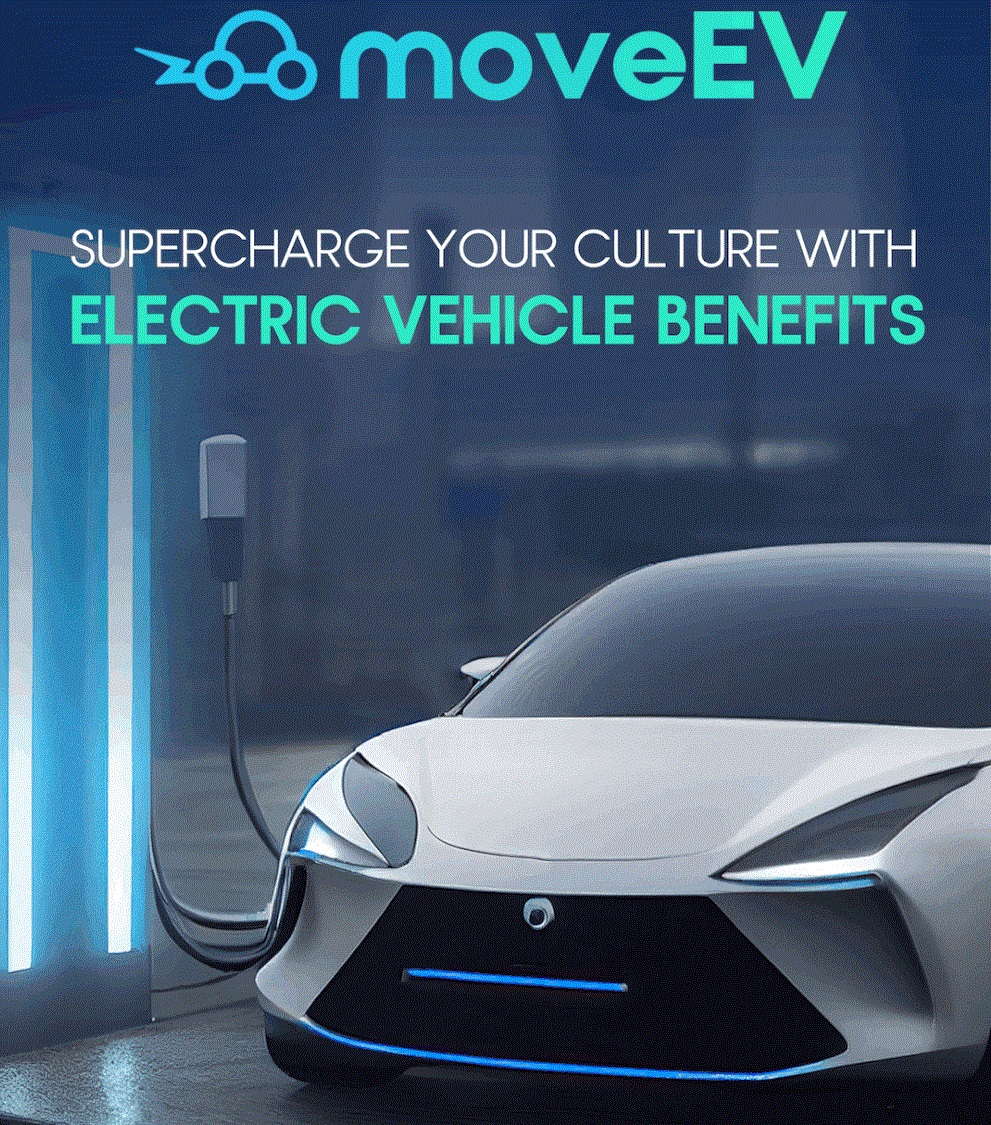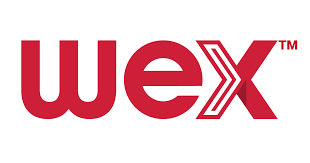
Under the partnership, Qmerit will provide end-to-end home EV charging installation and integration services drawing on its national network of more than 23,000 electricians who are licensed, insured, and trained on EV charging equipment. Qmerit installations comply with permitting and inspections consistent with the company's safety and quality standards.
This partnership announcement comes on the heels of a Florida-based construction company, Dallas 1, estimating cost savings of approximately over 60% per vehicle for fuel and maintenance costs as the result of EV charging at their drivers’ homes, relative to a typical annual fuel and maintenance spend.
“We’re seeing considerable cost savings in the unleaded vehicles we have swapped out for EVs thanks to at-home EV charging with WEX,” said BJ Azzarelli, president of Dallas 1. “Employees simply bring their work trucks home after their shift – and WEX’s detailed reporting and automated employee reimbursement is not only fully automated, it also seamlessly integrates into our existing bill and fleet management software portal.” Learn more about Dallas 1’s experience with WEX EV At-Home: https://youtu.be/1Aq3hiZNu5w.
Through WEX EV At-Home, commercial mixed-energy fleets can simplify operations and decrease costs. This includes accurate and easy reimbursement for drivers and access to WEX’s fleet management software portal using a single WEX credit line and unified billing, which was utilized by Dallas 1 – and now also includes Qmerit’s charger installation functionality, not previously available to Dallas 1. This work is made possible in partnership with WEX’s long-standing partner, Enterprise Fleet Management.
“With electricians and other tradespeople in increasing demand, WEX’s partnership with Qmerit is meant to streamline the charger installation process, with ordering and installation functionality embedded within WEX’s fleet management software portal. It is a win-win when fleet managers can allow drivers to charge their work vehicles overnight at home, so they’re ready for work the next day, and save money while doing so,” said Jay Collins, SVP & GM, EV & mobility at WEX. “Adopting a mixed-energy fleet is a risk-mitigated, calculated introduction to electric mobility, but can be an overwhelming endeavor that WEX’s technological solutions aim to help solve.”
WEX EV At-Home is an end-to-end solution meant to simplify the energy transition for organizations seeking to increase vehicle uptime, meet carbon emissions reduction goals, simplify the administrative burden of EV charging, and decrease the total cost of ownership for individual vehicles.
By charging at home, fleets can minimize expenses by accessing the most cost-effective EV charging and residential electricity rates. WEX EV At-Home calculates what each driver should be reimbursed by using that driver’s live utility rate, and efficiently distributes funds to a driver’s reimbursement account. With WEX EV At-Home, fleet managers can provide fast and accurate driver reimbursement by approving charging sessions with manual, bulk, or automatic options.
With over 19.7 million vehicles serviced globally, WEX continues to build increasingly robust EV and mixed-energy fleet functionality into our existing fleet mobility solutions. WEX EV At-Home is one of many advancements from WEX within the commercial fleet mobility space in 2024 alone – including the announcement that WEX’s fleet mobile payments app now processes EV charging payments for a mixed-energy fleet, WEX’s acquisition of Sawatch Labs and its fleet electrification analytics software, as well as partnerships with leading EV charging providers.
These solutions enable businesses to acclimate to the nuances of EV integration gradually, ensuring operational efficiency throughout the transition period. This as a recent global study by Frost & Sullivan commissioned by WEX reveals that the size of mixed-energy fleets is projected to increase given anticipated commercial EV adoption rates. According to the study, more than three-quarters of U.S.-based fleet operators highlighted the cost savings available via at-home charging, yet only about 23 percent of surveyed commercial drivers charge company vehicles at home.



